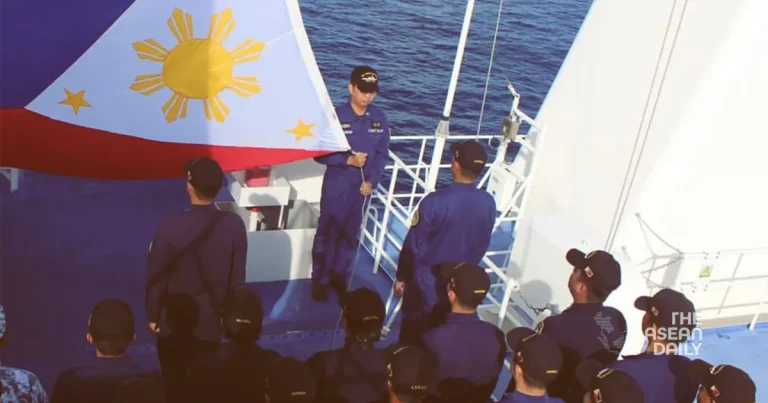25-7-2024 (MANILA) With a flurry of recent defense agreements and military cooperation initiatives, the Philippines is rapidly emerging as a key strategic partner for nations seeking to advance their Indo-Pacific strategies. Observers note that Manila is “slowly and steadily” creating a defense network centered on addressing security concerns in the contentious South China Sea region.
The latest developments include the signing of a troop deployment pact between Tokyo and Manila, France’s decision to include the Philippines in its annual Pegase air force mission in the Indo-Pacific, and Italy’s plan for its carrier strike group to visit the Philippines after participating in Australia’s war games for a humanitarian mission.
Matteo Piasentini, a geopolitical analyst and lecturer at the University of the Philippines, stated, “The moves surely give the Philippines a prominent role as an actor in regional affairs, at least as long as security is concerned. They also, however, send the strong signal that the Philippines is aligned with the US and its allies in the region.”
On Monday, Philippine Defense Secretary Gilberto Teodoro Jnr revealed that three additional reciprocal agreements with Canada, New Zealand, and France are in the works for next year, further solidifying Manila’s growing diplomatic network.
Chester Cabalza, the president of the International Development and Security Cooperation, told This Week in Asia that New Zealand’s desire to strengthen ties with Manila aligns with the West’s “strong position on upholding the rules-based order in the tense region.”
“New Zealand shares the same objective of supporting the Philippines’ Hague ruling,” Cabalza said, referring to the international tribunal’s decision in favor of Manila in its maritime dispute with China, invalidating Beijing’s nine-dash-claim over the South China Sea – an outcome China has rejected.
The Philippines’ inclusion in Pegase 24, France’s yearly Air and Space Force mission to the Indo-Pacific, is the latest move by Paris to build closer security ties with Manila since military cooperation discussions began in December. A contingent of French aircraft will land at Clark Air Base, a former US military facility northwest of Manila, during the mission.
France’s ambassador to the Philippines, Marie Fontanel, stated that the mission aims to illustrate the country’s commitment to upholding the freedom of navigation “as essential to keeping an open and inclusive Indo-Pacific region.”
Italy’s decision to include the Philippines in its Indo-Pacific itinerary is a “new addition to the strings of Western major powers recognizing the Philippines’ growing diplomatic network destined to safeguard democratic values at sea,” according to Cabalza.
Lucio Blanco Pitlo III, a research fellow at the Asia-Pacific Pathways to Progress Foundation, noted that with Asia remaining an essential trade route for Europe – 40 percent of its foreign trade flows through the South China Sea – countries in the West would share concerns over potential disruptions in the sea lines of communication and flashpoints in the region.
While Piasentini acknowledged that Italy is unlikely to prioritize a reciprocal access agreement with the Philippines soon, given China’s importance as an economic partner for Rome, he suggested that “a more realistic outcome might be an agreement on military, technical, and industrial cooperation to facilitate information-sharing, training, and arms transfers.”




